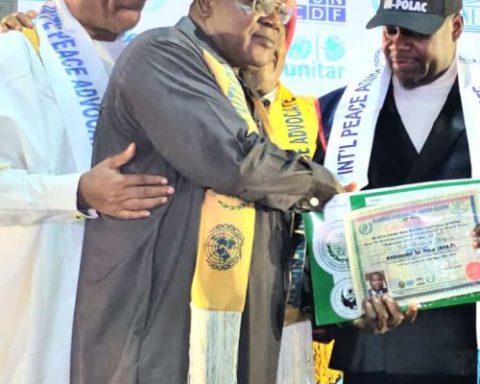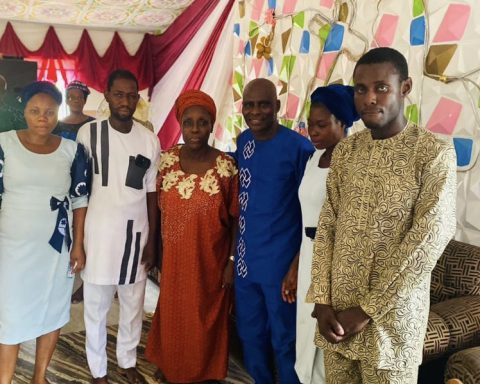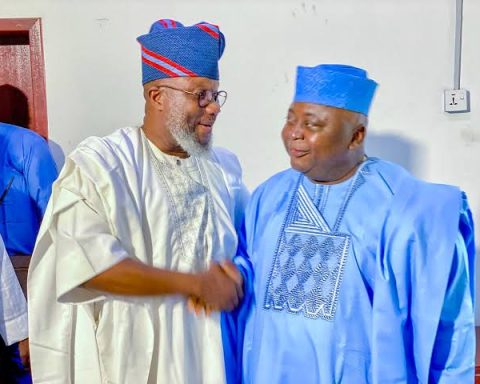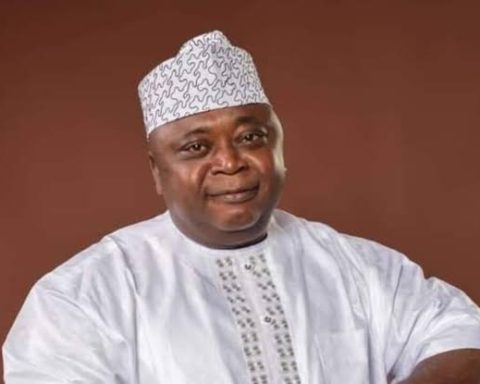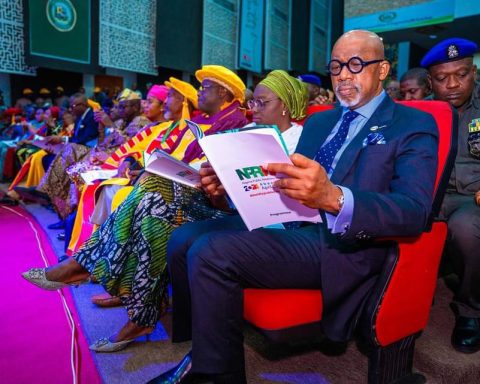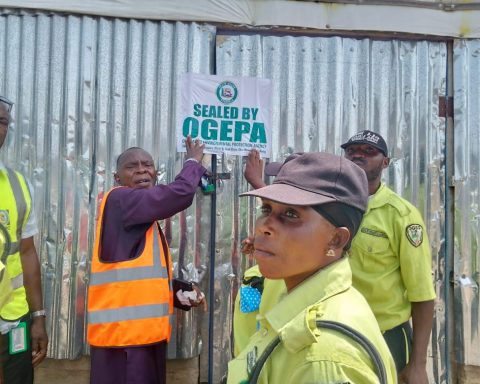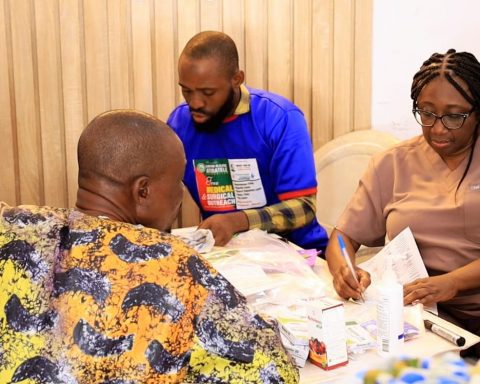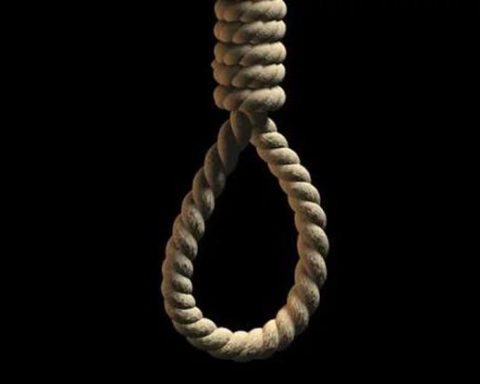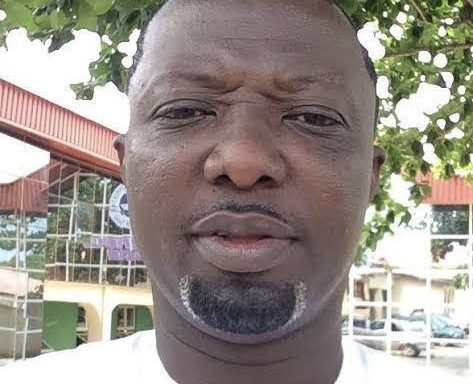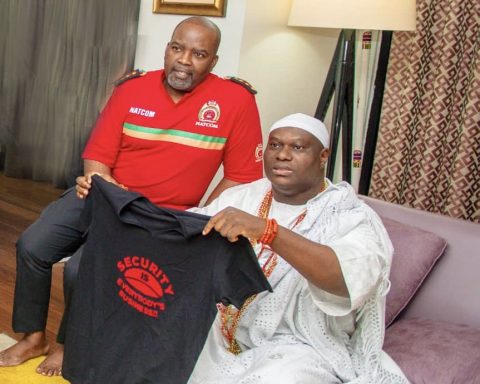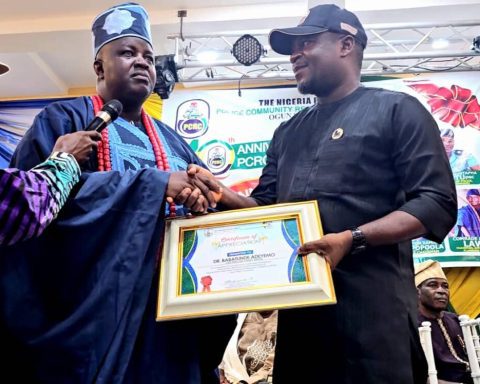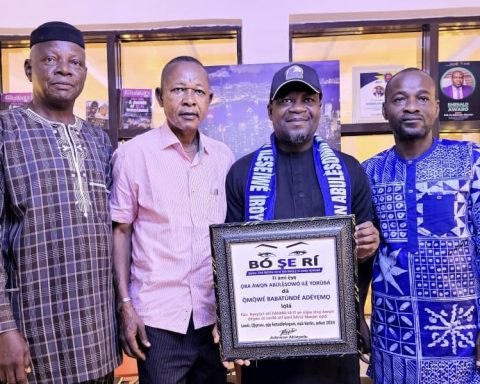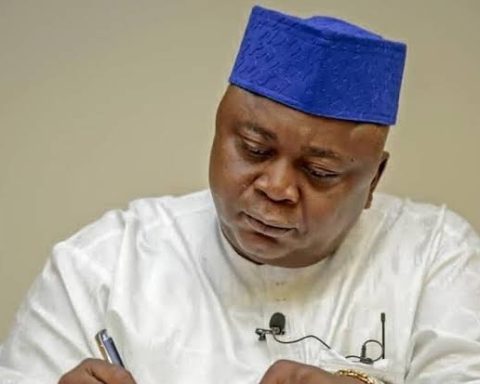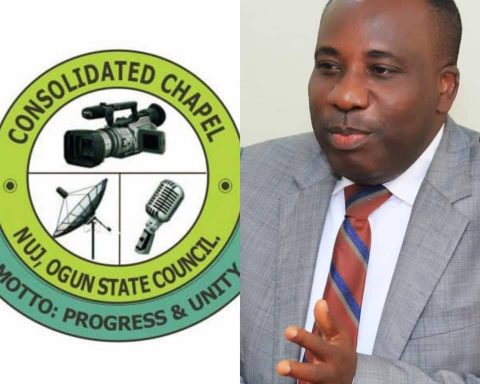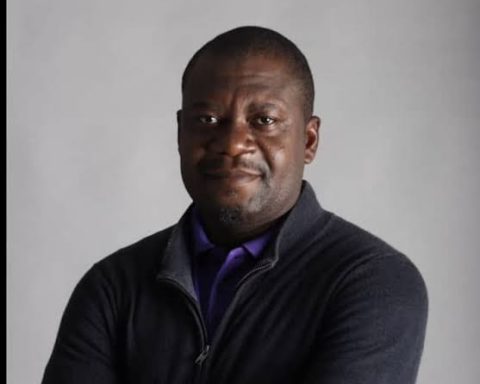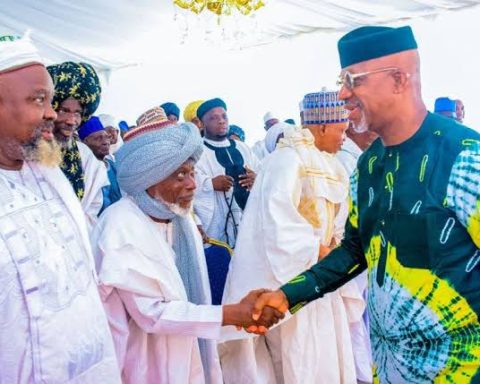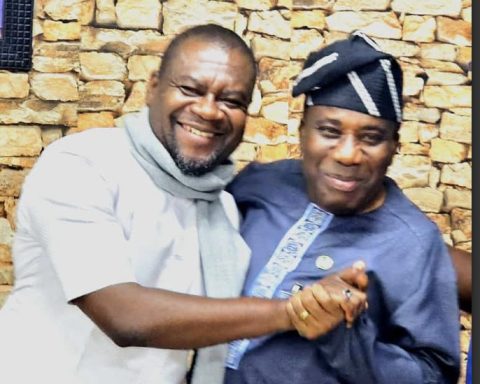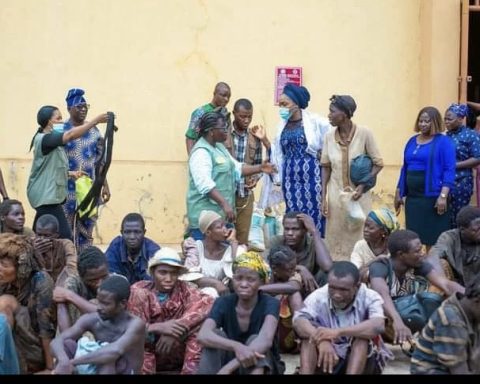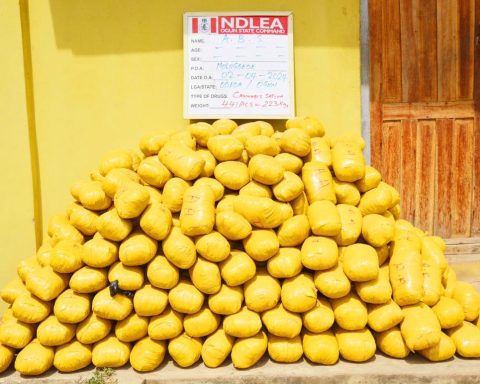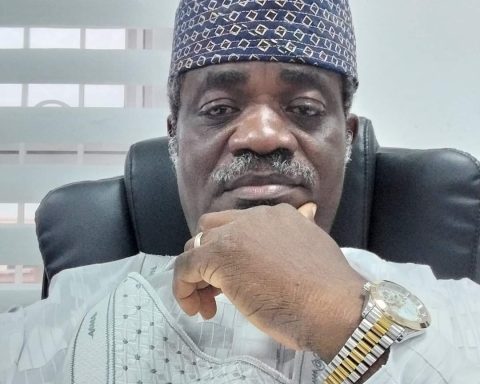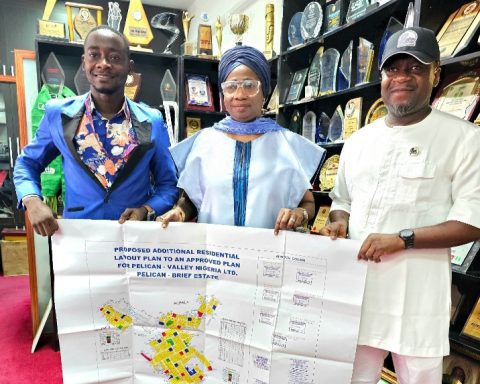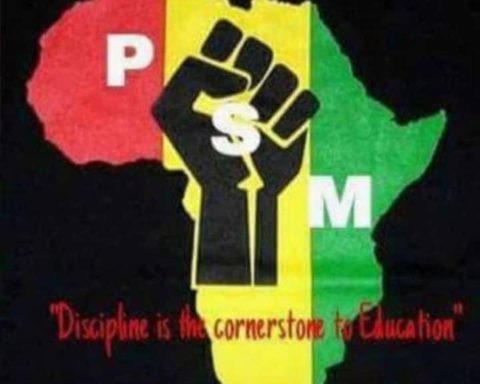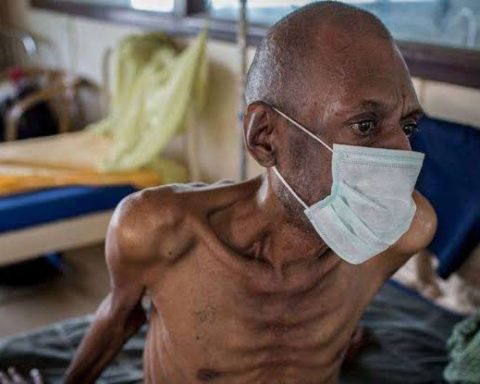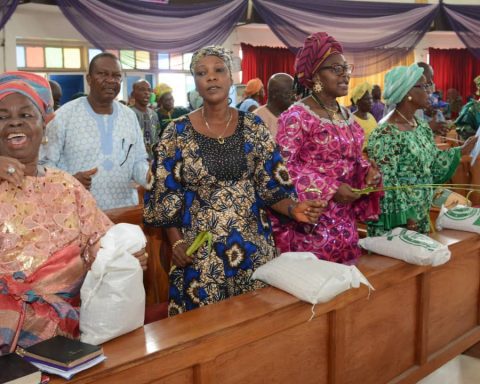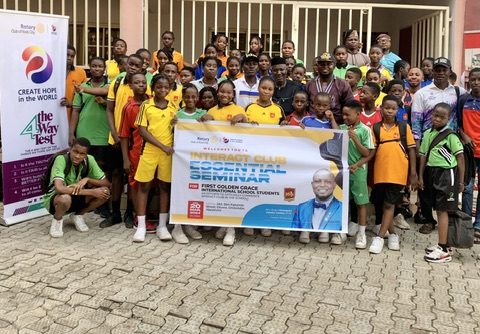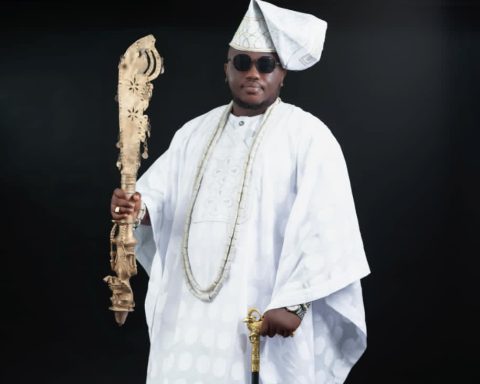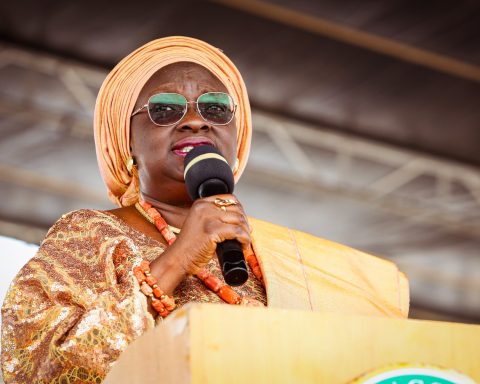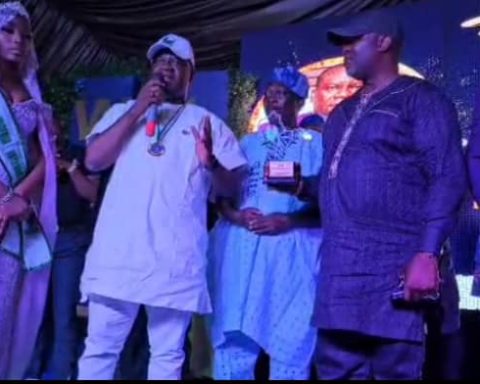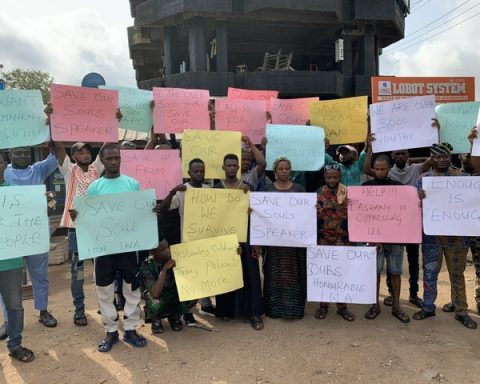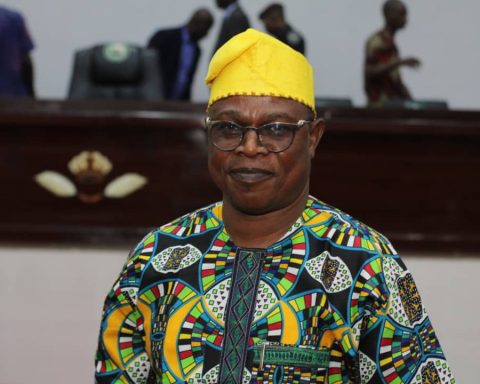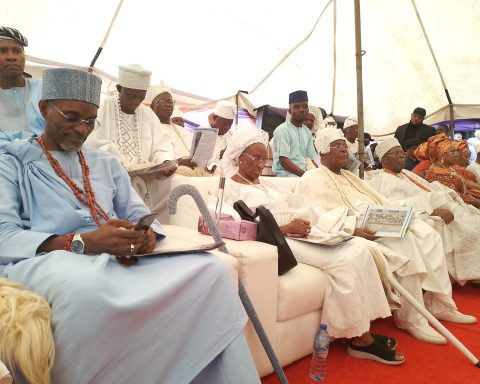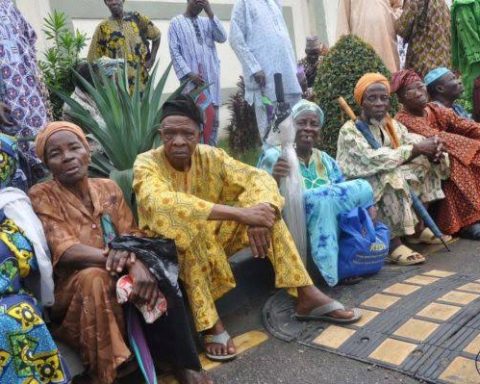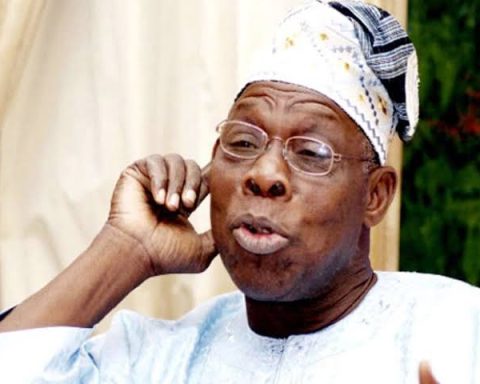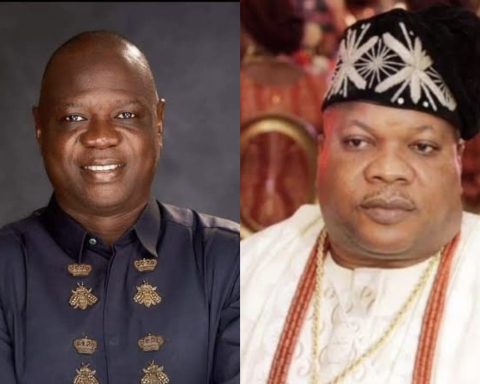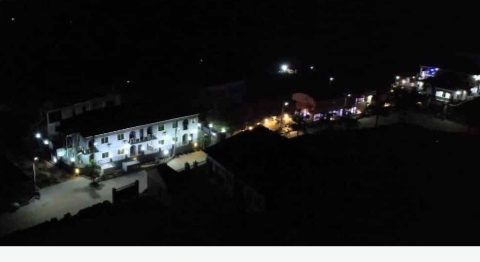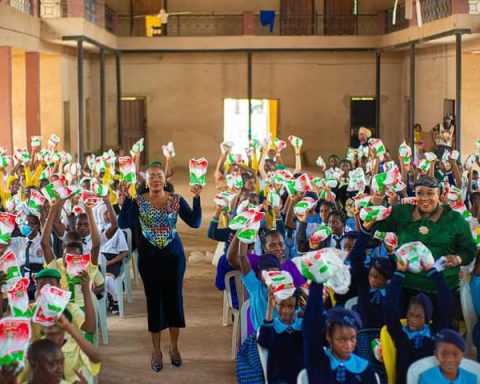Ayinla Omo Wura was a Nigerian Yoruba musician and performer who was popular in the 1950s and 1960s. He was born in 1933 in Abeokuta, Nigeria, and was also known as “Alhaji Ayinla Omowura” or simply “Omowura”. He was known for his unique style of Apala music, which is a genre of Yoruba music that combines percussion instruments, such as the agidigbo and the sekere, with vocals and lyrics that reflect social commentary, political criticism, and cultural traditions.
Ayinla Omo Wura began his music career in the late 1950s and released his first album in 1965, titled “Esin Islam.” He went on to release several more albums and became known for his ability to improvise and compose lyrics on the spot during live performances. He was also known for his flamboyant and colorful clothing style, which included large hats, bright shirts, and tailored suits.
Ayinla Omo Wura’s music was widely popular in Nigeria, and he was often referred to as the “king of Apala music.” He was also known for his controversial lyrics and criticism of the Nigerian government and social issues, which often led to conflicts with authorities.
Tragically, Ayinla Omo Wura was killed in 1980 at the age of 47 during a clash between his fans and supporters of a rival musician. Despite his untimely death, his music continues to be celebrated in Nigeria and beyond, and he is remembered as one of the greatest Apala musicians of all time.
Advertisement


Haruna Ishola, also known as Baba Nla, was a Nigerian Yoruba musician and one of the pioneers of Apala music. He was born in 1919 in Ijebu Igbo, Ogun State, Nigeria, and began his music career in the 1940s. He was known for his deep, sonorous voice and his ability to blend traditional Yoruba music with modern instruments.
Haruna Ishola’s music was popular in Nigeria and other parts of West Africa, and he recorded over 200 songs throughout his career. His lyrics often dealt with social commentary, cultural traditions, and religious themes, and he was known for his ability to improvise lyrics on the spot during live performances.
One of his most popular songs was “Soyoyo,” which became an instant hit when it was released in the 1950s. The song was a fusion of traditional Yoruba music and modern instruments, and its catchy rhythm and lyrics made it a favorite among Nigerians and Africans across the continent.
Haruna Ishola was also known for his contributions to the development of the talking drum, an African percussion instrument that can mimic the tone and rhythm of spoken language. He incorporated the talking drum into his music and helped to popularize it as a solo instrument in West Africa.
Haruna Ishola died in 1983, but his music continues to be celebrated in Nigeria and around the world. He is remembered as one of the greatest Apala musicians of all time and a pioneer of modern African music.



















